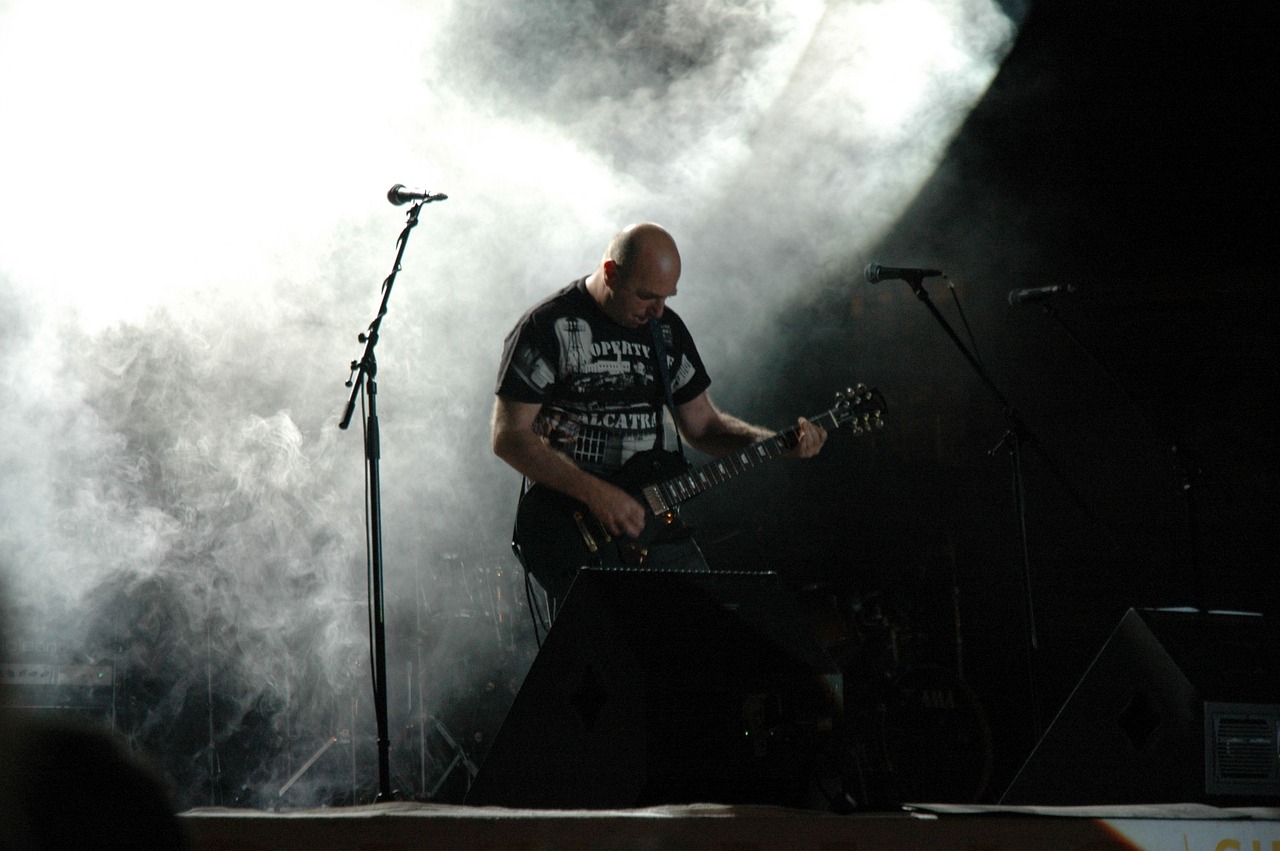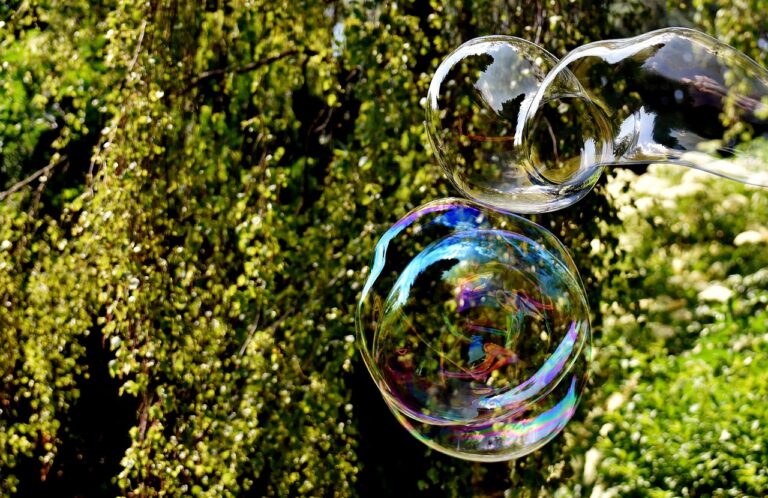Comedy Diversity: Representation in Stand-Up
Stand-up comedy has long been a platform for artists to share their unique perspectives and experiences with audiences. Diverse voices in comedy offer a range of viewpoints that challenge societal norms, spark important conversations, and foster empathy among individuals from various backgrounds. By embracing a variety of voices and stories, stand-up comedy has the power to connect people through humor while shedding light on important social issues.
Furthermore, diverse voices in stand-up comedy can serve as a tool for breaking down stereotypes and misconceptions. Through humor and wit, comedians from underrepresented groups can address prejudice, discrimination, and power dynamics in a way that is both insightful and entertaining. By amplifying voices that are often marginalized or overlooked, stand-up comedy has the potential to promote understanding, empathy, and unity in a world that is often divided by differences.
– Stand-up comedy allows artists to share unique perspectives and experiences
– Diverse voices challenge societal norms and spark important conversations
– Comedy fosters empathy among individuals from various backgrounds
– Comedians can break down stereotypes and misconceptions through humor
– Underrepresented groups can address prejudice, discrimination, and power dynamics in a witty way
Challenges Faced by Underrepresented Comedians
Underrepresented comedians face a myriad of challenges in the industry, stemming from the lack of visibility and opportunities. These comedians often struggle to book gigs at mainstream comedy clubs or secure representation from agents and managers, hindering their ability to reach a wider audience and build their careers. The pervasive stereotypes and limited representation of diverse voices in comedy can further marginalize underrepresented comedians, making it difficult for them to break into the industry and gain recognition for their talent.
Moreover, underrepresented comedians often encounter biases and discrimination based on their race, gender, sexual orientation, or background. This can manifest in overt forms of prejudice or subtle microaggressions that undermine their confidence and inhibit their creative expression. The pressure to conform to mainstream comedic norms or cater to dominant cultural expectations can also stifle the unique perspectives and comedic styles that underrepresented comedians bring to the table, perpetuating a cycle of exclusion and limited opportunities within the comedy world.
Breaking Stereotypes Through Comedy
As stand-up comedy continues to evolve, comedians are increasingly leveraging the power of humor to challenge and break stereotypes. Through their comedic routines, these performers are able to address societal issues, misconceptions, and prejudices in a way that is both entertaining and thought-provoking. By using humor as a tool, comedians have the ability to subvert stereotypes and offer audiences a fresh perspective on a wide range of topics.
Through clever punchlines and astute observations, comedians are dismantling stereotypes that have long plagued various communities. By highlighting the absurdity of these stereotypes, comedians are able to provoke laughter while also fostering introspection among their audiences. In breaking stereotypes through comedy, these performers are not only delivering laughs but also sparking important conversations that challenge ingrained biases and promote greater understanding and empathy.
Why is it important to have diverse voices in stand-up comedy?
Having diverse voices in stand-up comedy allows for different perspectives and experiences to be shared, leading to a more inclusive and representative comedy landscape.
What are some challenges faced by underrepresented comedians?
Underrepresented comedians often face lack of opportunities, stereotypes, and discrimination in the industry. They may also struggle to find their audience and break into mainstream comedy circuits.
How can comedy be used to break stereotypes?
Comedy has the power to challenge stereotypes by providing a platform for underrepresented voices to share their stories and experiences in a humorous and relatable way. This can help break down barriers and promote understanding and empathy among audiences.







